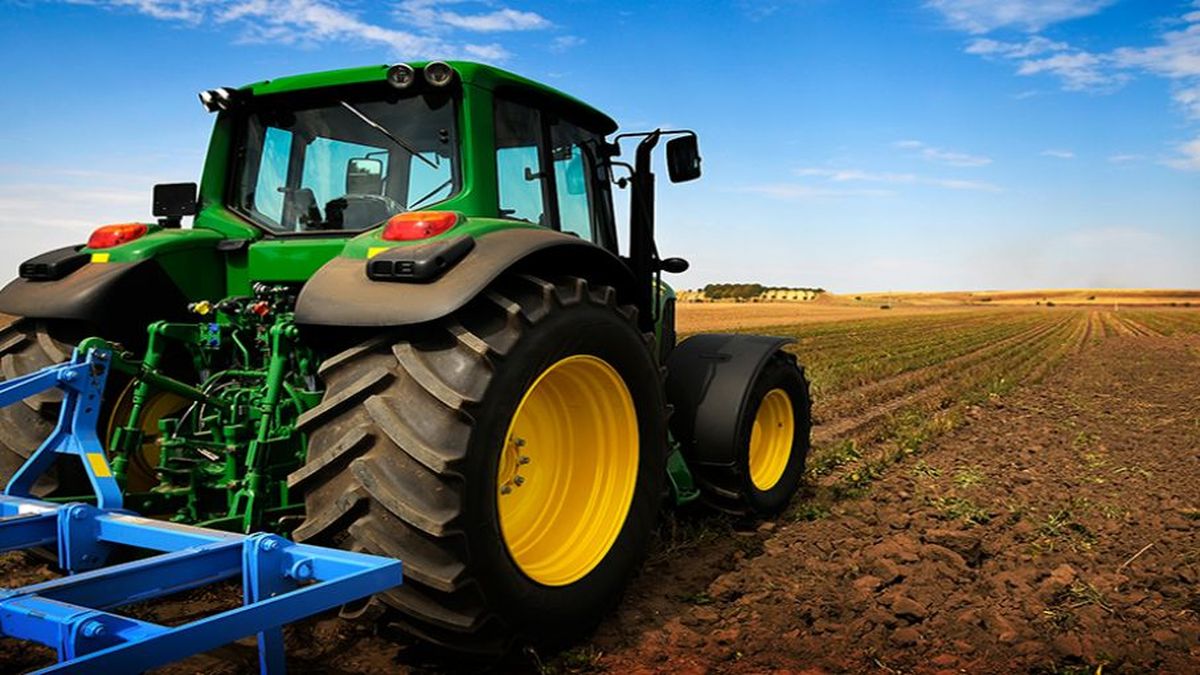These situations could not only alter the normal performance of the scheduled deliveries of equipment that were previously sold, but also erode the profitability of the companies, which in many cases was estimated 6 months ago and is reduced as the days go by.
The greatest concern of those who must comply with a delivery in the coming months is not only about the availability of a tire. In the sector they affirm that to reach that point you must first have the complete team, something that with the current level of restrictions on imports becomes a difficult mission to complete.
From the Chamber of Agricultural Machinery Manufacturers (CAFMA), its head, Eduardo Borri, assured Ámbito that there is concern about possible tire shortages, “although it is not as serious as in the automotive industry.”
Borri explained that “last year an agreement was made with the Government where the commitment was signed to buy as much as possible in the local market, but if this problem continues, we are going to ask them to let us import to supply ourselves. As an example, in the seeder sector, which is what is most integrated locally, 30% is national and the rest is imported.
The level of mismatch in the tire market is appalling. Sources from the private sector confirmed to this medium that “the seeder manufacturers that are buying national industry pay 60% more for each cover compared to a similar but imported product. The concern that exists in the face of this type of decision is that they do not usually lead to a successful outcome for the local industry, because they affect the competitiveness of the product. Not only are distortions generated at the beginning of the production chain, but also the finished product is no longer attractive for a potential international buyer, even more so for a local buyer.
For example, a seeder has 4 400/60 type tires per module and can have 3 or 4 modules. Each imported tire costs $69,936 when the locally manufactured one costs $113,289.
A local top brand tractor tire, size 23.1-30 SAT23 12T costs $610,305. For a harvester, if it is domestically manufactured, each one costs between $800,000 and $1 million, if it is of medium quality, and if you are looking for something of better quality, the price can double.
This situation also affects the cargo trucking sector. A truck has at least 12 tires if it has three axles or 16 if it has 4 axles. Each cover costs about $200 thousand.
A tire for a hopper, first line, costs $1.7 million. You can get cheaper but the period of use is reduced to a third.
From the chamber that brings together rural contractors, who constantly require new equipment, spare parts, supplies and of course tires, the president of the entity, Jorge Scoppa, assured in dialogue with Ámbito that “the big problem is costs, which have increased a lot since 2 years ago. In the case of tires, we now pay twice what they should cost, taking the dollar value of a few years ago as a reference. Tires are available, but they are from brands that are manufactured in China or other Asian countries and are paid the same as a top-of-the-line product. Today there is no lack of tires, but in all cases the prices are very high”.
This situation was also warned by the Argentine Federation of Freight Transport Business Entities (FADEEAC) in the cost report for the month of August, where it was highlighted that the price of tires accumulated an 82.9% increase in the period January – August. The calculations for the month of September, with the current conflict, rule out that they will be similar or higher than those registered in the previous month.
In this sense, Ámbito was able to confirm with a tire dealer in the province of Córdoba that one of the most important companies that now has its production stopped has just sent an update to its price list with increases of close to 15%. In other regions of the central zone of the country, a contractor – who preferred to remain anonymous – explained that another local factory has already confirmed increases close to 10%.
Source: Ambito
David William is a talented author who has made a name for himself in the world of writing. He is a professional author who writes on a wide range of topics, from general interest to opinion news. David is currently working as a writer at 24 hours worlds where he brings his unique perspective and in-depth research to his articles, making them both informative and engaging.




